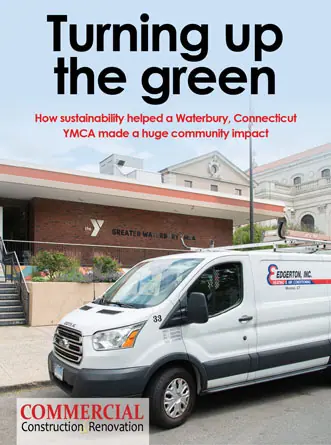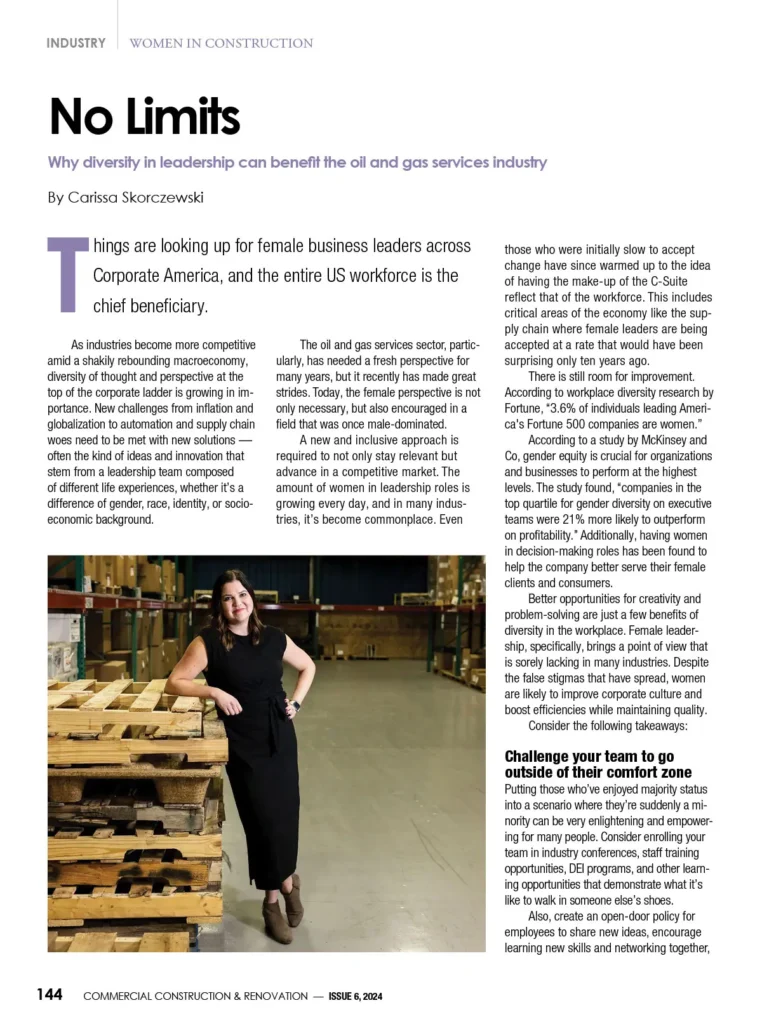Johnson Controls helps Stanford University drastically reduce water and energy use
Stanford University cut its water use by 15 percent and is projected to save $420 million in operational costs thanks to a new central energy facility (CEF) developed with help from Johnson Controls. The new plant helps Stanford make substantial progress to meet California’s statewide goal to reduce water use by 25 percent.
The plant operates efficiently in any weather condition, thanks to ultra-efficient building technologies, including heat recovery chillers, hot and cold water thermal energy storage, and a patented smart technology system that uses weather and electricity pricing forecasts to optimize operations. The central plant system is a key component of the Stanford Energy System Innovations (SESI) – making the university one of the most energy-efficient research facilities in the world.
“Nothing goes to waste inside this facility. We are recycling heat that is typically released by cooling towers and putting it to good use to keep students and staff comfortable,” said Trent Nevill, vice president and general manager, Johnson Controls Building Efficiency. “All this is accomplished while helping Stanford reduce its carbon emissions by 50 percent compared to levels during the 1990s.”
Johnson Controls, a global multi industrial, together with Affiliated Engineers, Inc., helped Stanford engineers deliver a custom-engineered heat-recovery process that is 70 percent more efficient than the cogeneration process Stanford used since 1987. York heat-recovery chillers will meet more than 90 percent of campus heating demands by capturing almost two-thirds of the waste heat generated by the campus cooling system to produce hot water for the heating system.
Along with a Metasys building automation system, Johnson Controls developed the Enterprise Optimization System, a predictive control software system to optimize cost and energy use based on the 10 day weather forecast and future grid electricity prices. The software is designed to predict hourly campus heating and cooling needs, and then determine how to best run the heat recovery, heating, and cooling equipment inside. It also will determine how much hot and cold water to store in the CEF’s water thermal storage tanks for later use.
“There’s a great comparison to autopilot technology on an aircraft. The system continuously monitors plant equipment, predicts campus energy loads and grid electricity prices, and steers the system to optimal efficiency,” added Nevill.
For an inside look at Stanford’s CEF and learn more about the program, visit https://sustainable.stanford.edu/campus-action/stanford-energy-system-innovations-sesi.
Follow us at @JCI_BEnews
Visit www.johnsoncontrols.com/benews
About Johnson Controls
Johnson Controls is a global diversified technology and industrial leader serving customers in more than 150 countries. Our 170,000 employees create quality products, services and solutions to optimize energy and operational efficiencies of buildings; lead-acid automotive batteries and advanced batteries for hybrid and electric vehicles; and interior systems for automobiles. Our commitment to sustainability dates back to our roots in 1885, with the invention of the first electric room thermostat. Through our growth strategies and by increasing market share we are committed to delivering value to shareholders and making our customers successful. In 2015, Corporate Responsibility Magazine recognized Johnson Controls as the #14 company in its annual “100 Best Corporate Citizens” list. For additional information, please visit www.johnsoncontrols.com or follow us @johnsoncontrols on Twitter.








 The 2024 virtual Men’s Round Table will be held Q4, 2024, date TBD.
The 2024 virtual Men’s Round Table will be held Q4, 2024, date TBD.












